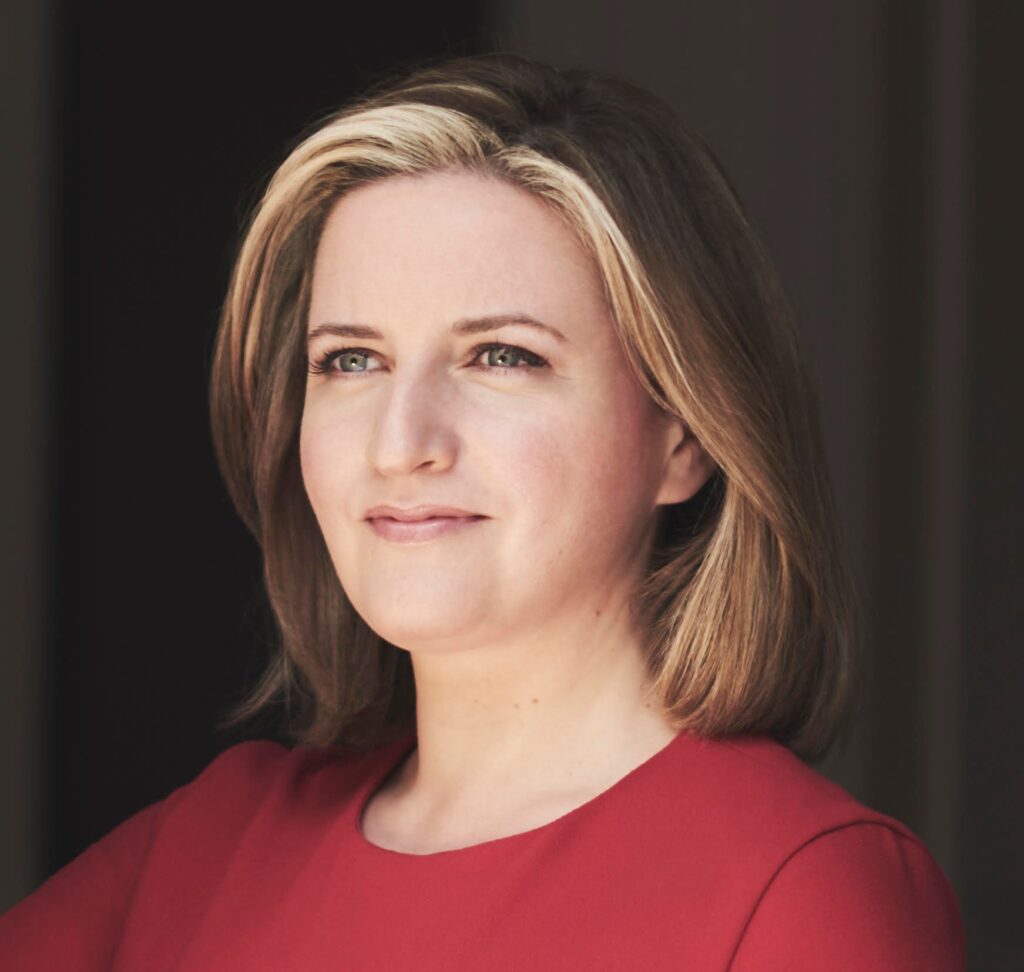
After a short break, the second series of The Home Stretch Podcast kicks off with Gráinne Gilmore, Director of Research & Insights at strategic property consultancy Cluttons, as the inaugural guest. Speaking to CEO of The Guild of Property Professionals, Iain McKenzie, about her house price forecasts for the year, Gilmore says that the outlook as it stands is more positive than it was during the upheaval seen during the last quarter of 2022, with stability playing a role in calming the markets.
“The level of house price growth seen in some parts of the market during the pandemic were unsustainable, so an easing in house price growth was always on the cards. Then, later last year, there was the political turmoil, coupled with elements such as the cost-of-living crisis, inflationary pressures, and interest rate hikes, all of which were bound to have an impact. The good news is the market isn’t quite as downbeat as at the end of last year. While there may be some political wrangling, it is not currently having an impact on the economy, and the prime minister has been in power for over 100 days now, providing some stability,” says Gilmore. “I do think that we will see an 8% price fall in the mainstream market, however, different areas will be impacted to varying degrees. Even with an 8% price fall, that will only bring prices back to where they were in 2021. We are not talking about a complete reversal in the uptick of prices we have seen over the last two years, bearing in mind the average house price in the UK is up £50,000 since the beginning of the pandemic.”
Quite a remarkable figure, answers McKenzie. “Nobody going into that period would have anticipated that the market would have reacted that way. In some regions, it would only take prices back to around January or March of last year in terms of any price correction.”
Gilmore agrees, saying: “In some areas of London and the South East, where affordability was already stretched, you didn’t see the same levels of growth as in other parts of the country.” She continues, “the thing to remember is that the story is ongoing, and we need to see where mortgages rates settle and what impact that will have on market. There is a good cohort of homeowners who own outright, as well as those who are on fixed rates, so this isn’t going to affect them for now. However, there are also many people who are seeing substantial increases in their mortgage rates. Looking at other aspects, the unemployment rate is still very low, which is good. It all paints a complex economic picture, and we need to see how it all pans out during this first quarter of the year.”
McKenzie says that the feedback he is receiving from Guild Members, is that while they are seeing adjustment, it is a gradual readjustment, rather than the aggressive drop-off of transactions seen during the 2007 global financial crisis.
In response, Gilmore comments: “As we know, the phenomenon seen during the financial crisis was that it was the banks that had the problem, whereas now it is the economy that is experiencing the challenges. In 2007, lending was affected overnight, which caused the rapid transaction and price falls and people who were forced to put their home on the market. This time around, banks will be working with homeowners to find ways to keep them in the homes, such as extending the mortgage or bringing them onto interest-only deals for a while. So, the likelihood of there being that shock to the system and a move into forced sales is not one we are seeing for this year.”
If the assessment of an 8% price fall this year is correct, is the long-term projection of the housing market still one of growth, asks McKenzie.
“Yes,” Gilmore answers. “I think once we have had an adjustment in prices, the likelihood is that we will go back to growth, but perhaps not to the levels we have seen. There have been some extreme trends in some local market in the past couple of years. As you mentioned, no-one could have predicted the reaction of the market during the pandemic, the ‘race for space’ and changing working patterns, which to some degree is still evident in the market. The pendulum is swinging back, but perhaps five days a week back in the office is not on the cards for many, which is creating more active residential markets in areas further afield from typical office hubs. While there are changes happening within the market, overall, we know that there are people who want to buy homes in the UK and the supply of housing is not keeping pace in many areas, which will create a dynamic that places an upward pressure on pricing in the medium term.”
To hear more of the first episode of the second series visit The Home Stretch podcast.
